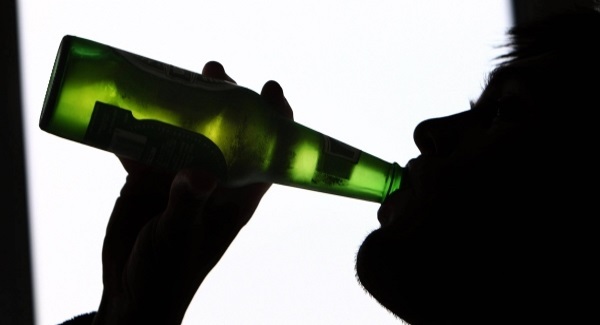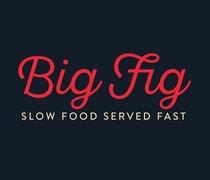Councillor seeks support for national alcohol bill
Sue Wards, Editor
05 October 2022, 4:00 PM
 Niamh Shaw says support for the bill is a ‘no-brainer’.
Niamh Shaw says support for the bill is a ‘no-brainer’.A Wānaka councillor wants Queenstown Lakes District Council (QLDC) to support a bill which aims to reduce alcohol harm by limiting alcohol sponsorship and advertising and increasing local control over where and when alcohol is sold.
Niamh Shaw is using a notice of motion at today’s full council meeting (Thursday October 6) to pursue support for Chlöe Swarbrick’s Sale and Supply of Alcohol (Harm Minimisation) Amendment Bill, with the support of Glenorchy councillor Niki Gladding.
Niamh, who has been chair of the Wānaka Alcohol Group since June, told the Wānaka App that support for the bill is “a no-brainer”.
“I would like to think it will be unanimously endorsed by council.”
She said the Dunedin City Council submitted a notice of motion supporting the bill, and “I thought it couldn’t do any harm if we did the same”.
Niamh said the notice of motion is a “shortcut” to council taking a position statement on a proposed law change, whereas the usual approach which would be council staff submitting a report to councillors.
The notice of motion includes the recommendations that the council endorse the bill through to the select committee stage; and write to all parliamentary parties asking them to support it at its first reading “to allow our community the opportunity to participate in the debate,” Niamh said.
Support for the bill has been coordinated by Alcohol Healthwatch, an organisation of professionals dedicated to reducing and preventing alcohol-related harm and inequities, which is funded by the Ministry of Health.
Part one of the bill abolishes appeals on local alcohol policies “in order to provide proper local control over alcohol regulation”.

The bill aims to reduce young people’s exposure to messages that encourage them to drink alcohol.
Local alcohol policies can specify where new alcohol outlets (e.g. pubs, bottle stores, etc.) can be located, whether they can be close to other existing alcohol outlets or near sensitive sites (e.g. schools and churches), as well as their opening and closing hours.
Alcohol Healthwatch says while local alcohol policies were intended to give communities greater input into local alcohol licensing decisions, “this hasn’t happened”.
“Well-financed supermarkets and bottle stores have fought and fought against the majority of local alcohol policies in Aotearoa. They have used the special appeals process to appeal the policies through the courts.
“This has meant that communities haven’t been heard and profit wins out over the community. It is only alcohol policies that have this special appeals process – other council social policies don’t have it.”
Part two of the bill implements recommendations of the 2014 Ministerial Forum on Alcohol Advertising and Sponsorship, which aim to reduce young people’s exposure to messages that encourage them to drink alcohol.
The bill would ban alcohol sponsorship and advertising of all streamed and live sports and ban alcohol sponsorship at all sporting venues.
“Similar restrictions on tobacco advertising and sponsorship have contributed to reduced harm from tobacco use and falling rates of youth consumption,” Alcohol Healthwatch says.
A number of councils have already voted to endorse the bill, including Auckland, Christchurch, Hamilton, Whanganui, Gisborne, Palmerston North, Napier, Hauraki, Waipā District, New Plymouth District, Dunedin, and Nelson.
Read the full bill here.
The QLDC meeting will take place at 3pm and can be watched on the council’s Facebook page.
PHOTOS: Supplied







